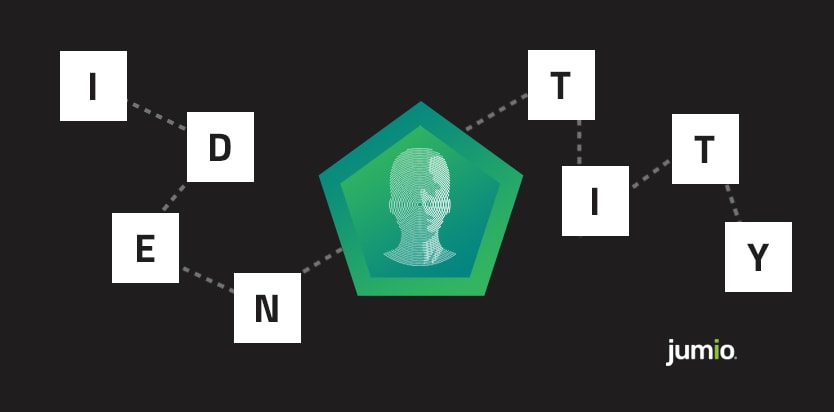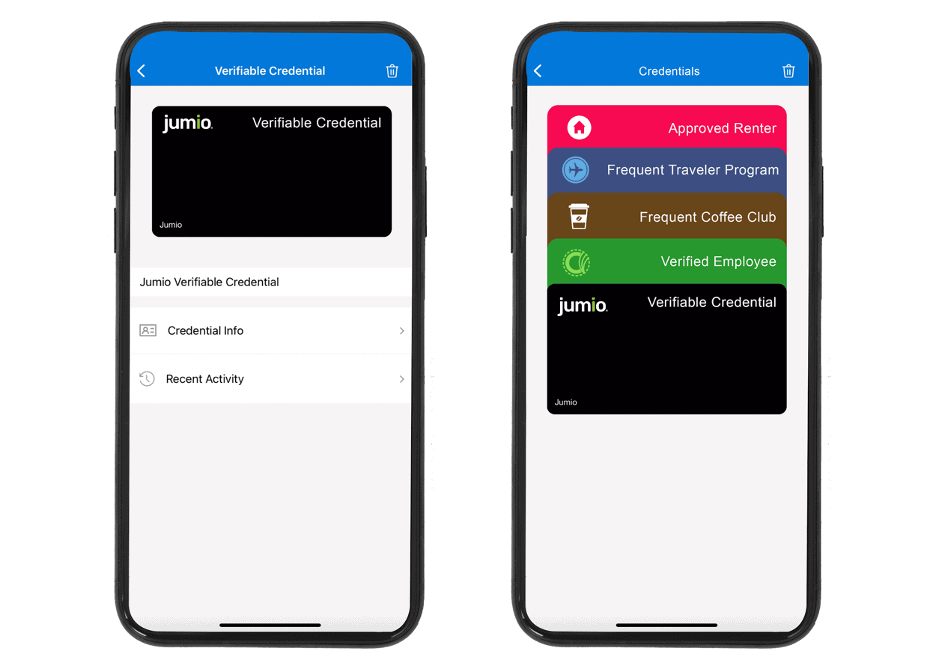
Think about all the different ways you’re asked to prove that you are really you.
Sometimes, you’re asked to provide an email address, phone number or some type of biometric just to create a new online account. It seems like every website and app has its own unique formula for establishing a user’s true digital identity.
Once verified with an organization whether it be your bank, a credit card or an online bookstore, you have to repeat the process all over when you open up another online account or download a new app. Your identity is clearly not transportable and it’s clearly not owned by you in the digital world.
But, this is about to change.
Jumio is helping to support a new form of digital identity by Microsoft Azure Active Directory (Azure AD) based on verifiable credentials and decentralized identifiers standards to let consumers verify once and use everywhere.
These technologies are being fused to allow any of us to carry our own digital identities with us, much like we do with a driver’s license. The key element is that each of us would actually own our digital identities and we could use them to unlock online services without having to re-verify ourselves every time we create a new account online or download a new app.
Digital Trust Throughout the Customer Journey
How to Leverage the Jumio KYX Platform from Onboarding to Ongoing Monitoring
Here’s an example to illustrate how it works:
- In order for Heidi to get a verifiable credential, she needs to go through an identity verification process (hint: this is where Jumio steps in).
- Assuming everything checks out, Heidi is issued a verifiable credential in a mobile wallet (e.g., the Microsoft Authenticator app).
- When Heidi visits a new website or downloads a new app, her digital wallet generates a unique identifier and signs it with a private key secured by biometric and/or a pin.
- The uniquely paired public key is published to the blockchain (aka a distributed ledger).
- Heidi can present her verifiable credential to a participating department store, bookstore or online app.
- The participating store or app can then verify Heidi’s credential against Microsoft’s system before giving her a discount or accepting her payment by being able to verify the keys associated with the issuer and presenter available on the blockchain.
Heidi is squarely in the driver’s seat and owns her own digital identity — a digital identity that is fully portable. These verified, decentralized identifiers are stored in Microsoft Authenticator and empower users like Heidi to grant or deny requests from organizations to view these credentials and they can also be revoked at any time.
Azure AD verifiable credentials let organizations confirm information about someone — like their education and professional certifications — without collecting and storing their personal data. Organizations will be able to issue digital versions of a variety of credentials such as physical badges, loyalty cards and government-issued paper documents based on open standards. Because Heidi’s digital information is being verified by Jumio, it’s more trustworthy, and the verification process only takes seconds.
Azure AD verifiable credentials, now available in public preview, help provide self-service enrollment and fast onboarding for a business’s users. Plus, organizations can now replace support phone calls and security questions with a simpler, more secure blockchain-based process to verify a user’s identity.
There are two big hurdles to widespread adoption of any decentralized ID scheme: interoperability and critical mass. But, Azure AD verifiable credentials have a few advantages going for them.
- First, Azure AD verifiable credentials are built on open authentication standards, like OpenID Connect (OIDC) or the World Wide Web Consortium’s WebAuthn, which should make it easier for enterprises and other tech giants to adopt the platform and embed it within their own solutions.
- Secondly, verifiable credentials offer a broad range of applications. Organizations can quickly onboard new employees, contractors, vendors, customers and other users from any location with a universal platform for verifying employment eligibility and digital identification.
Jumio Identity Verification empowers users to anchor their digital identity and verifiable credentials to a government-issued ID and a biometric selfie check. Jumio’s solution is also very secure since the solution is based on more than 3,500 ID document types and includes liveness detection. Jumio has processed more than 300 million identity verifications and provides one of the best user experiences in the market with the highest levels of identity accuracy and assurance.
To learn about how Jumio is helping Microsoft deliver on its vision of decentralized digital identity, read the story here.


